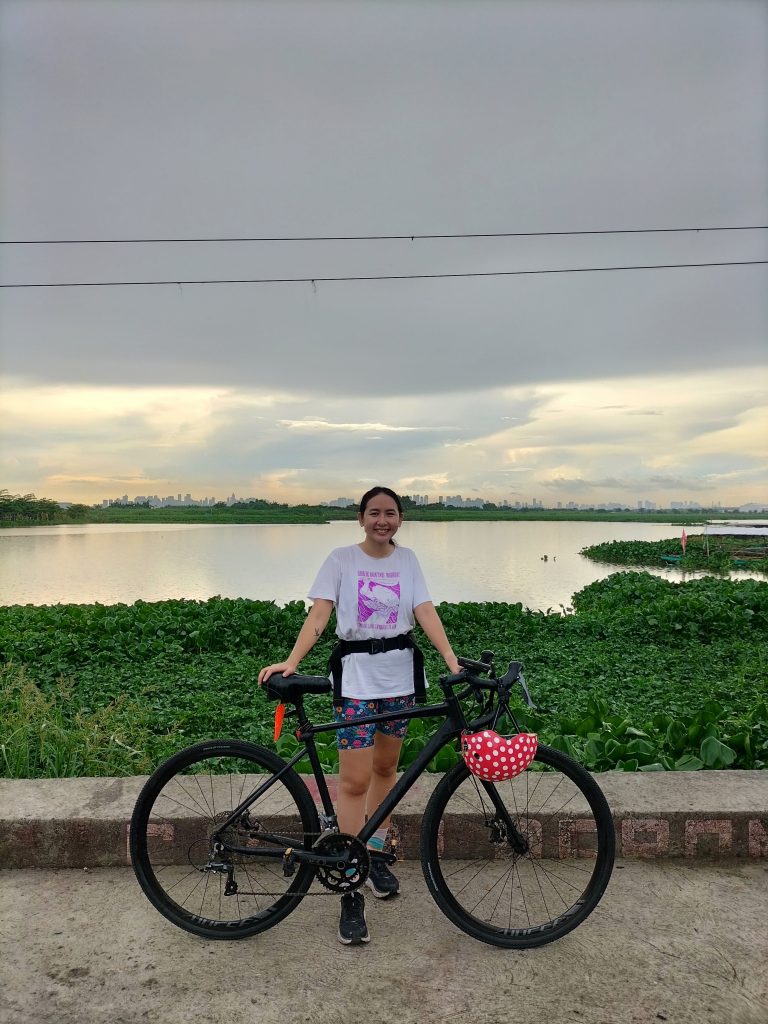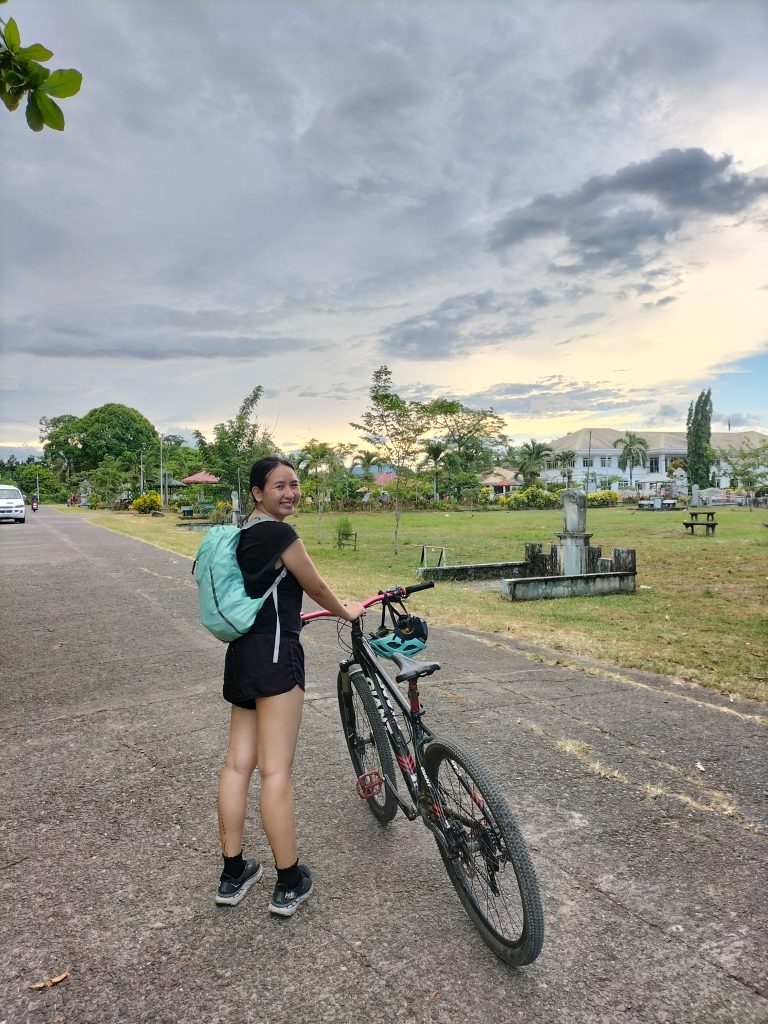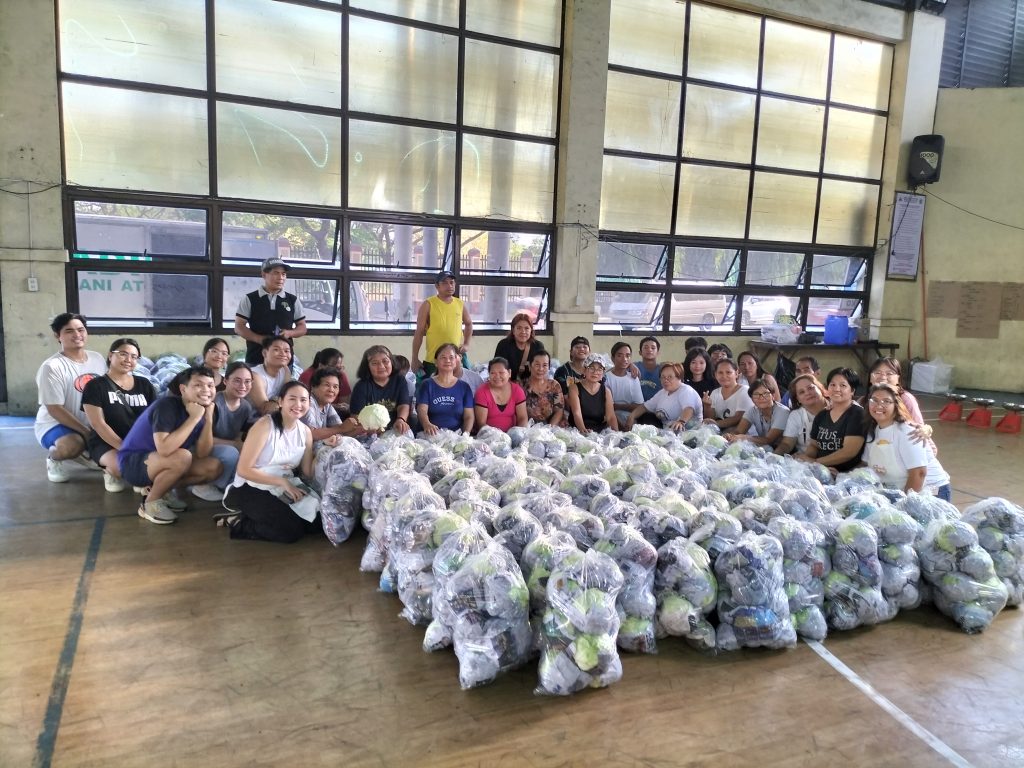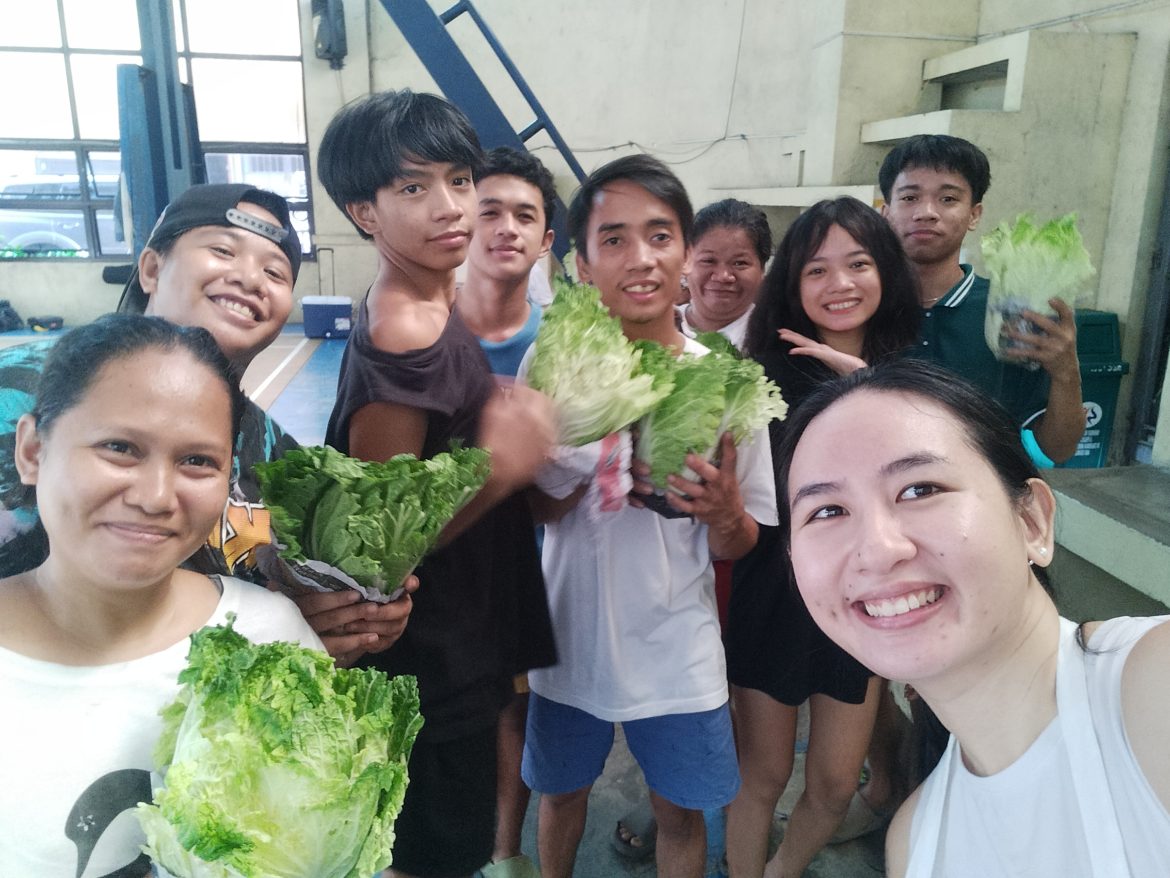“We’ve gotten used to hustle culture, but in simple ways like self-screening, we allow ourselves to rest, to take charge, and to say: “My life matters.”
— Ana Patricia “Patreng” Non
When Ana Patricia “Patreng” Non started the Maginhawa Community Pantry in 2021 during the COVID-19 pandemic, she showed that mutual care could be a powerful act of resistance. Today, she continues that work by advocating for something equally powerful: women’s access to healthcare through cervical cancer self-screening.
As part of Self-Care Month, Patreng shares her personal journey with self-collection testing, how it empowered her, and how it can do the same for other women.
From awareness to action
Cervical cancer, a disease affecting the cervix, is both preventable and treatable when detected early. Despite this, it remains the second most common cancer among Filipino women, claiming the lives of an estimated 12 women every day.
As per the Department of Health (DOH) and the World Health Organization, the measures to prevent cervical cancer are vaccination for girls and screening for women.
“I already knew about cervical cancer screening in high school through my sister, who studied in the U.S. She also did her master’s at Johns Hopkins University. She would always say they get vaccinated and screened. We used to think that was impossible in the Philippines because we never heard of it happening here.”


That changed when Patreng turned 30 and found out about a cervical cancer screening initiative led by Jhpiego Philippines through its Unitaid-funded Scale Up Cervical Cancer Elimination with Secondary Prevention Strategy (SUCCESS) Project. The project introduces the use of high-performance HPV DNA testing through self-collection in public health systems and works with selected private sector partners and civil society organizations like Southstar Drug and Women Workers for Health Empowerment Network (WHEN) to improve accessibility through a community-based self-sampling approach.
Women can now access free cervical cancer screening through selected Southstar Drug outlets and scheduled community screenings in Parañaque, Navotas, Manila, and Quezon City, as part of an expanding public health initiative to promote early detection and prevention. Women aged 30 to 49 can get screened for free using the HPV DNA test, a reliable method that identifies high-risk types of the human papillomavirus that cause cervical cancer.
“Last year, I was about to get screened, but I was still 29. I immediately messaged my sister that we now have this here. When I turned 30 this year, I made sure to go and get screened. I also shared it with people I know.”
Health that meets you where you are

“What I loved most about the screening process was that I was with other women from the community. It wasn’t intimidating at all. It was practical and designed for everyone.”
Patreng got tested in a tent set up along the sidewalk of Southstar Drug Matalino in Quezon City. She appreciated how easy and non-threatening the process was and how health workers explained everything clearly.
“It was simple and easy to understand. I didn’t feel uncomfortable. Of course, some of my friends were nervous, but the process turned out to be really easy.”
“I even had work that day, but I got back quickly because the whole process was so fast. Women who passed by got curious and learned that screening was free.”
Most importantly, the system didn’t end with the test. If results came back positive, the LGU provided follow-up support and free treatment.
“Even if you test positive, there’s no burden or problem. Treatment is free and performed by trained providers attuned to DOH and WHO global standards of care, so there’s nothing to worry about.”
Self-collection as self-liberation
For Patreng, self-screening is more than medical—it’s a form of empowerment.
“Just deciding to undergo screening is already a form of self-care. I’m giving time and space to this issue.”
She stressed that many women skip health services not out of apathy, but because of fear and lack of support. This model changes that.
“It doesn’t exclude people if they don’t have money or if they have many children, because the test and treatment are free.”
She stressed that the mental load, which is that quiet, invisible weight women carry of being caregivers, employees, daughters, and mothers, is the kind of burden that makes rest feel like a luxury, and self-care seem indulgent.
“It’s also a form of self-care because, as women, we’re prone to various health conditions. When services like cervical cancer screening are accessible, it lightens the mental load.”
Reclaiming the right to rest
“We really should give attention to ourselves as a form of self-care, but it’s hard because of societal pressure.”
Patreng emphasized that society tells women to put everything else first—from jobs, chores, to expectations. But caring for ourselves is not selfish; it’s a way of reclaiming our time, dignity, and rights.
“Self-care shouldn’t just be a luxury. In simple ways like this, we allow ourselves to be free and take charge of our bodies.”
“Even when I’m busy, I make time for rest. It’s also an act of reminding society that we don’t subscribe to a culture that devalues human life.”
Final words for fellow women
“What I always say: do what you want. Don’t let pressure, especially from social media, dictate your life. Recognize health as a priority. Unsubscribe from unrealistic expectations.”
“I realized during the pandemic that my sensitivity wasn’t a weakness but a strength. When we free ourselves, we also help free other women.”
Because maybe self-care isn’t just about rest and breaks. Maybe it’s also about reclaiming space for our bodies, our choices, and our health. By Geri Matthew Carretero
# # #
Geri Matthew Carretero is a communications specialist and multidisciplinary artist, serving as the communications and KM officer for Jhpiego in the Philippines.



